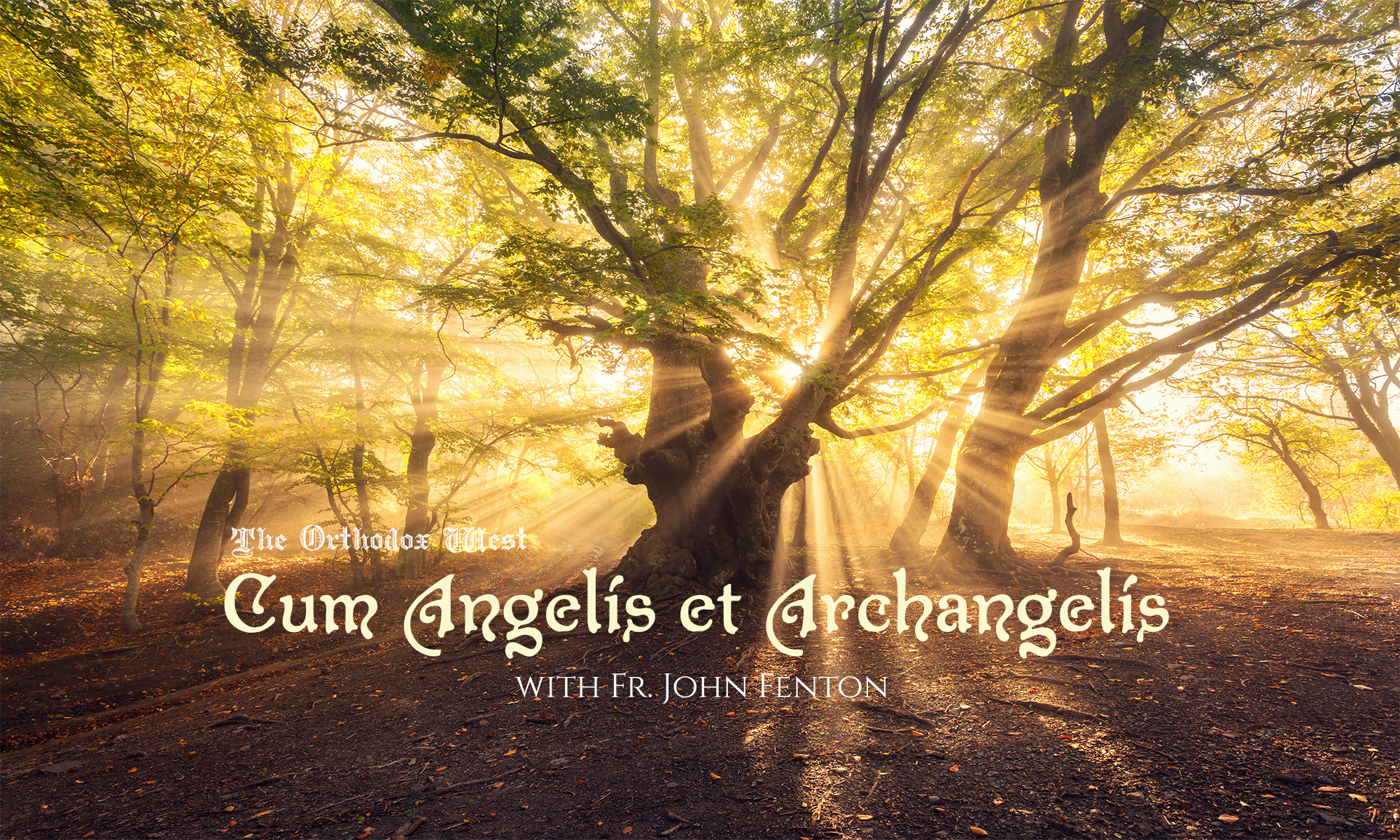We hear the word “obligation,” and too often we think of duties that must be performed, of requirements that must be done. And so “burden” and “compulsory” and “requirement” is what we hear. Especially to our American ear, “obligation” sounds tyrannical. It rings more of slavery than of freedom, more of servitude than of liberty. Perhaps that is due not only to our American spirit of fierce independence, but also to our fallen human nature which does not wish to be obliged to anyone or considered in anyone’s debt.
But the word obligation can also mean “responsibility” and “pledge” and “commitment.” So, while it can carry the force of “legally binding,” obligation can also refer to “a debt of gratitude.”
Now, which is it when the pastor announces that “this is a Holy Day of Obligation”? We might indeed hear, “I have to do this.” And that sense surely is present when the Archdiocese Clergy Guide announces that “the following feasts must be celebrated in every parish.” Those feast, by the way, are what the Western tradition terms “holy days of obligation. And certainly, the keeping of these feasts is a most holy requirement.
As a Pastor, I guess I could see the 52 Sundays and the 7 other days as a compulsory burden which the Metropolitan Archbishop requires of me. And sometimes, because I am weak, I definitely need to hear the word “obligation” as a requirement so that I don’t slack, but do what I must. But if that is all it is, then serving in the most important duty I have be ordered (i.e., reconfigured) to do is no longer a joy but a hardship, not a pleasure but an affliction.
I prefer, and work hard, then, at hearing the word “obligation” as a good and upright commitment, a joy-filled responsibility. It is a “debt of gratitude” because it is how I “pay my vows to the Lord in the sight of all his people” (Ps 116).
And that’s how it ought to be. On “holy days of obligation,” I’m making good on pledge, my promise, my vow to give thanks unto the Lord. And that thanksgiving is not a private, but a public event. Before God. In the sight of all His people. In the courts of the Lord’s house.
Again, this may seem burdensome to me. If so, then that’s my problem; for I’ve made it feelburdensome to myself. And then I’ve forgotten that, if it is a burden, the Lord’s yoke is easy and His burden is light.
Now, if the Lord’s burden truly is light, it is no longer a compulsion or a requirement. Rather, the “obligation” becomes a delight. It becomes something that we look forward to; something that we are eager to celebrate; something that is truly worth the sacrifice.
The words used at the traditional Christmas Lessons and Carols service, I think, sum up our holy obligation in the best way: “Let it be our duty (care) and delight to hear again the message of the Angels.”
Our “duty and delight”—that’s how we really should hear the words “holy day of obligation.” For then the focus is not on “have to” but on “get to.” Not that my obligation forces me to do what I have to do, but that it now encourages and prods me forward to do what I get to do. For in attending to these holy days, I get to stand before the Lord yet again, surrounded by His angels and saints, receiving yet again the Lord’s gracious gifts!
